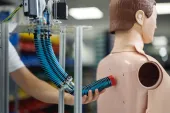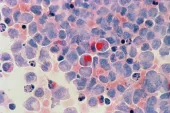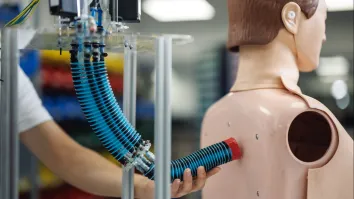
Thailand to become the medicine hub of Southeast Asia
Japanese drugmakers are interested in establishing their main manufacturing sites in Thailand.
Thailand has been a key exporter of medicines within Southeast Asia with a value of $474.5m in 2019. That is forecast to grow even further over the next five years, according to a Fitch Solutions report, to $502m by 2024. A large share of these exports (57%) go to neighboring countries including Vietnam, Myanmar, Cambodia, and the Philippines. As these countries are on the way to expanding their healthcare access, the Thai pharmaceutical demand is increasing.
The increase in demand has also attracted multinational firms to establish and expand their manufacturing operations in the country. Japanese drugmakers, in particular, are signaling strong intentions to establish Thailand as their chief manufacturing site for producing and repackaging medicinal products for Southeast Asia.
The formation of the ASEAN Economic Community (AEC) is also expected to support the country’s development as a key exporter of medicines in the region. Though integration is expected to be a gradual process, the harmonisation of pharmaceutical regulations and the elimination of technical barriers will allow drugmakers to better export products from Thailand.
The Thai government has also put a complete regulatory framework in place to support local research and development activities such as derivations of blood, vaccine, proteins and Advanced Therapy Medical Products (ATMP) such as cell therapy products, gene therapy products and stem cell therapy products, including the Cell Therapy Act.
All these efforts will incentivise local companies to invest more in the R&D sector which is currently reined by multinational firms like Pfizer, Sanofi, and GlaxoSmithKline, the report added.



















 Advertise
Advertise





